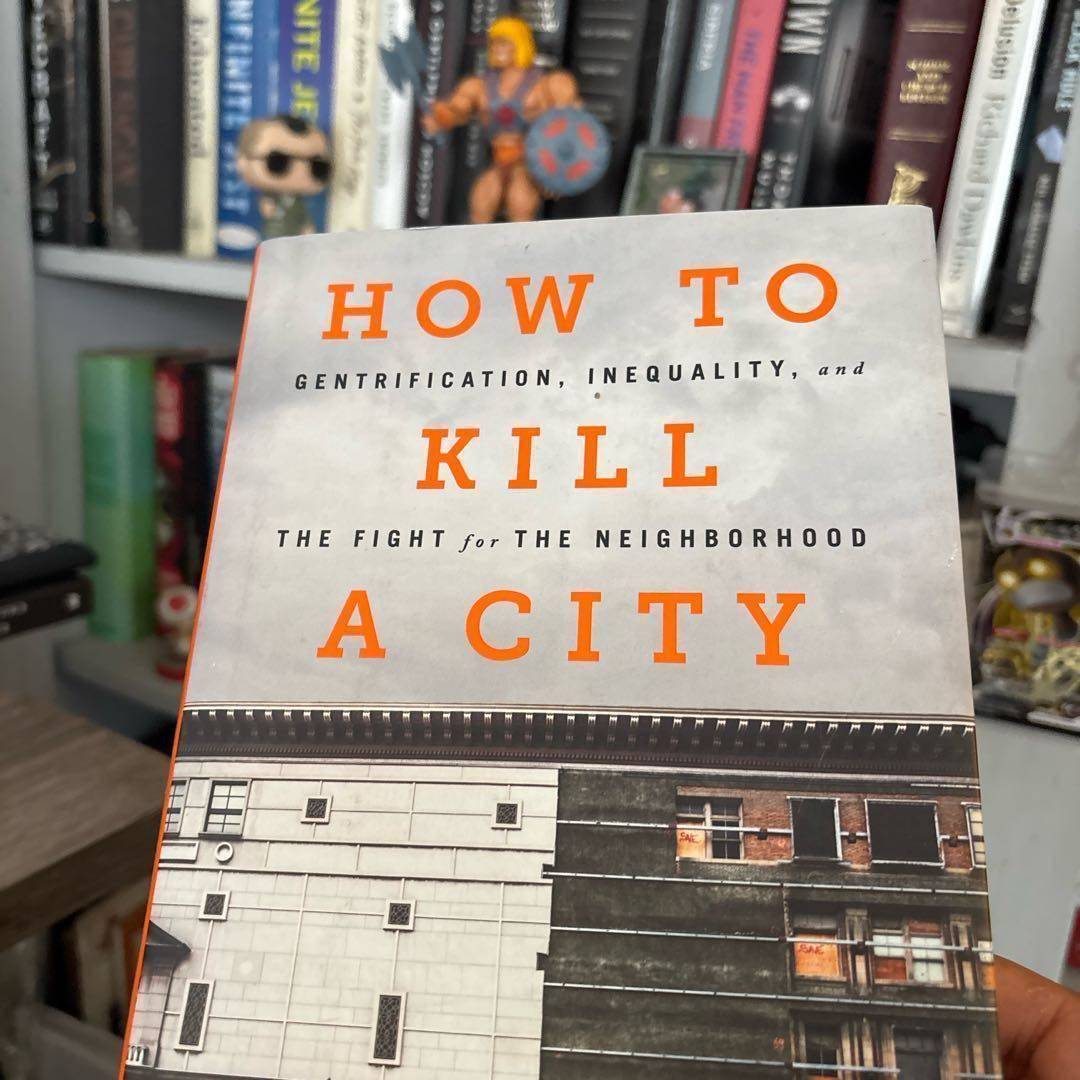
Next read.
#ThewholethingIthinkitssick
#Breadandcircuses

Next read.
#ThewholethingIthinkitssick
#Breadandcircuses
One of the best books I read last year. It changed how I move through cities and started me on a deep dive into anti-gentrification lit and organizing.
The New Orleans section rocked me most - I straight up did not realize the extent of the gory aftermath of Katrina before the book. I felt humbled by the resilience of the Black New Orleaners profiled, fighting for their kids against the truly genocidal gentrification of their city. Recommend.
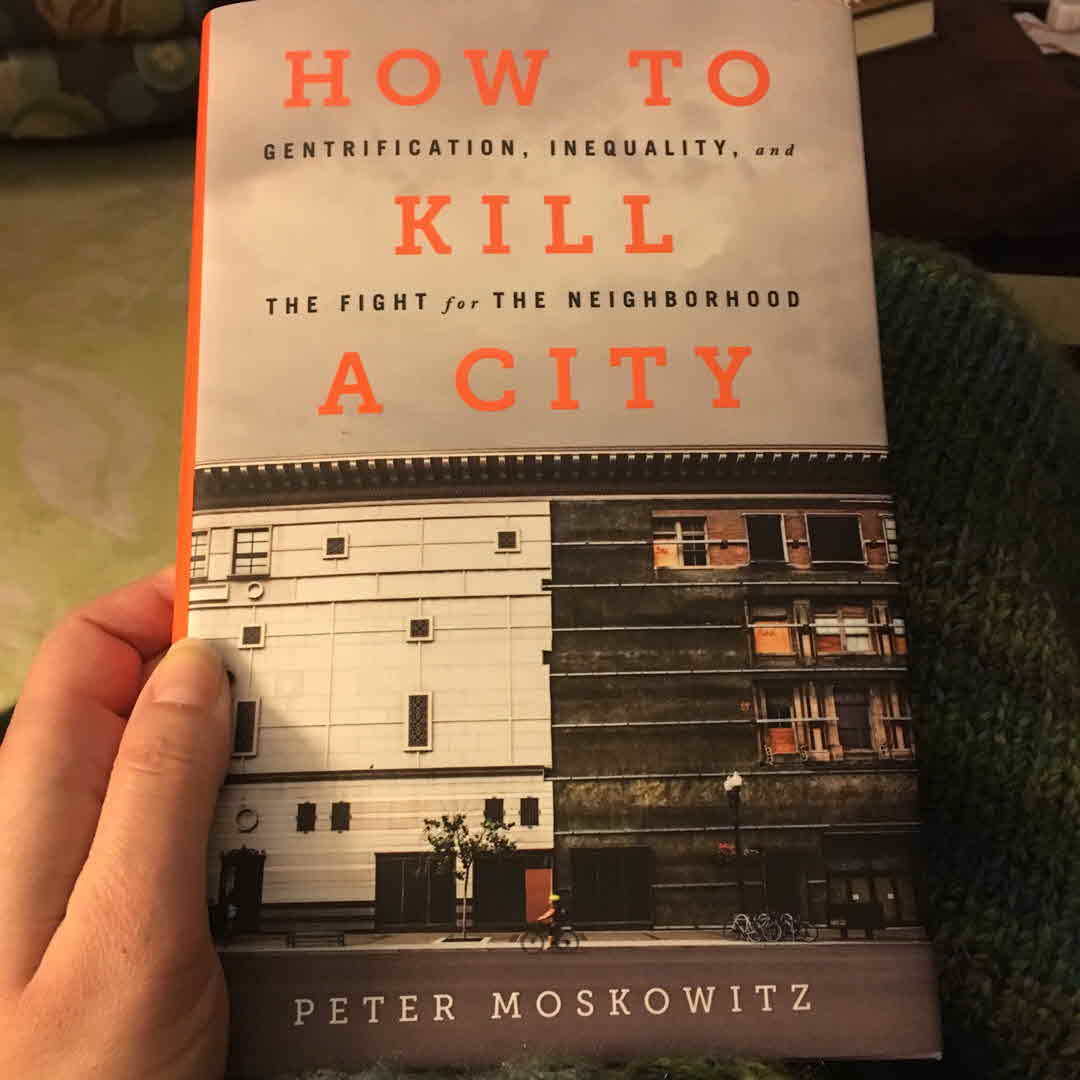
This was a great (and sad) read.
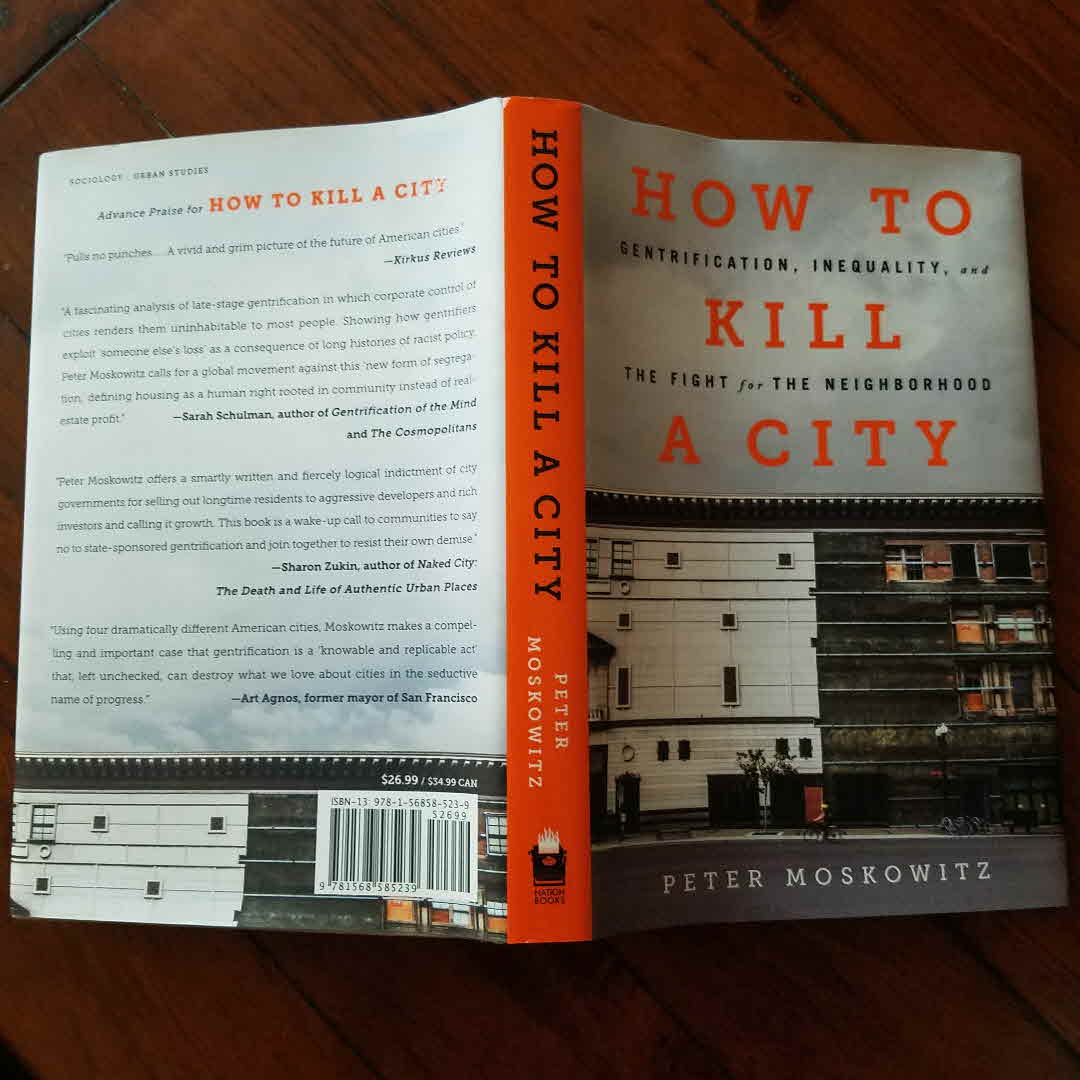
Usually I struggle with nonfiction however this one was extremely readable and kept my attention.
Full if great information this is an poignant and necessary read.
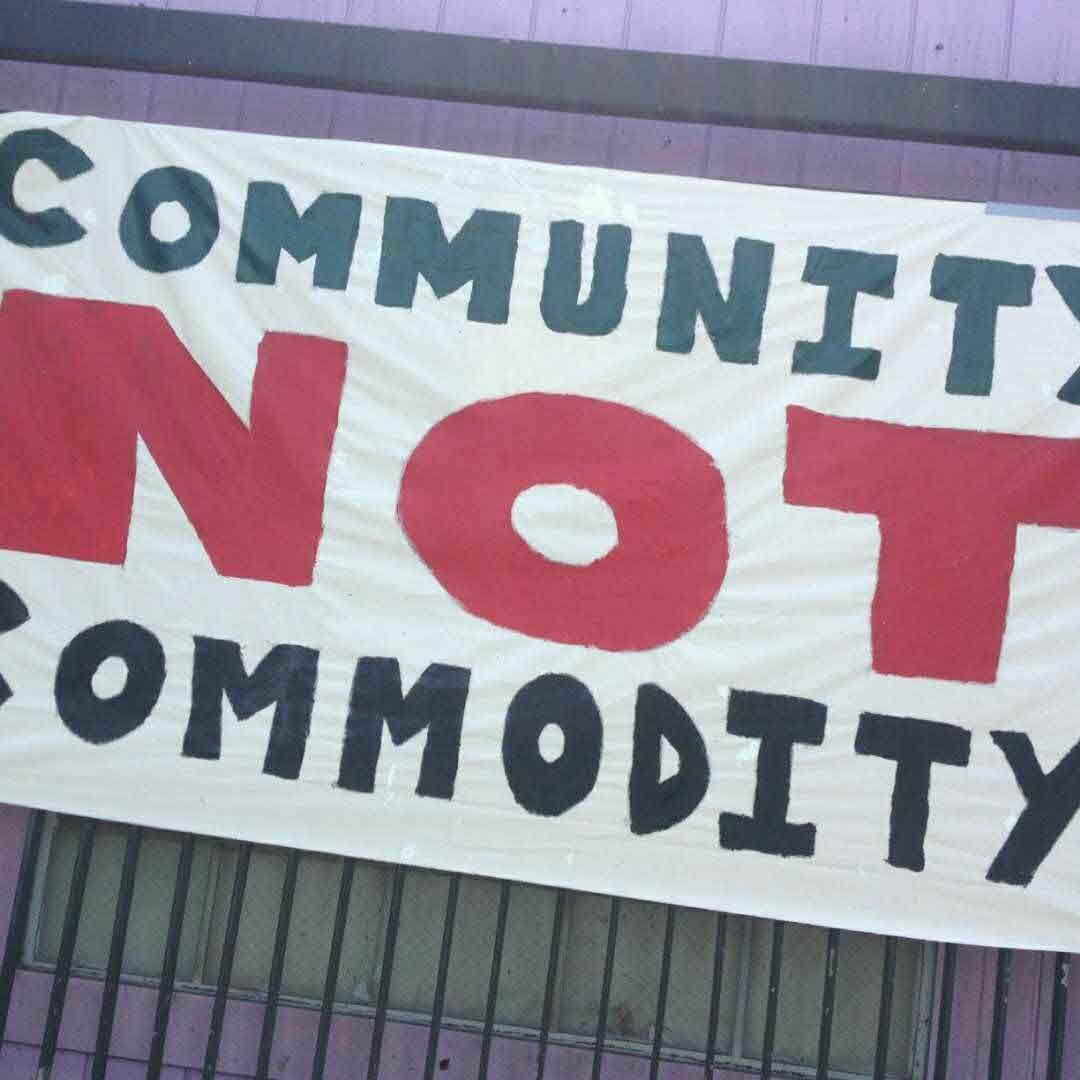
Mayors are now often elected on the idea that they will run cities like businesses...the people running American cities no longer care about affordability, a city's ability to educate children, or the happiness and health of its residents; rather, they are only interested in the amount of money a city is able to generate.
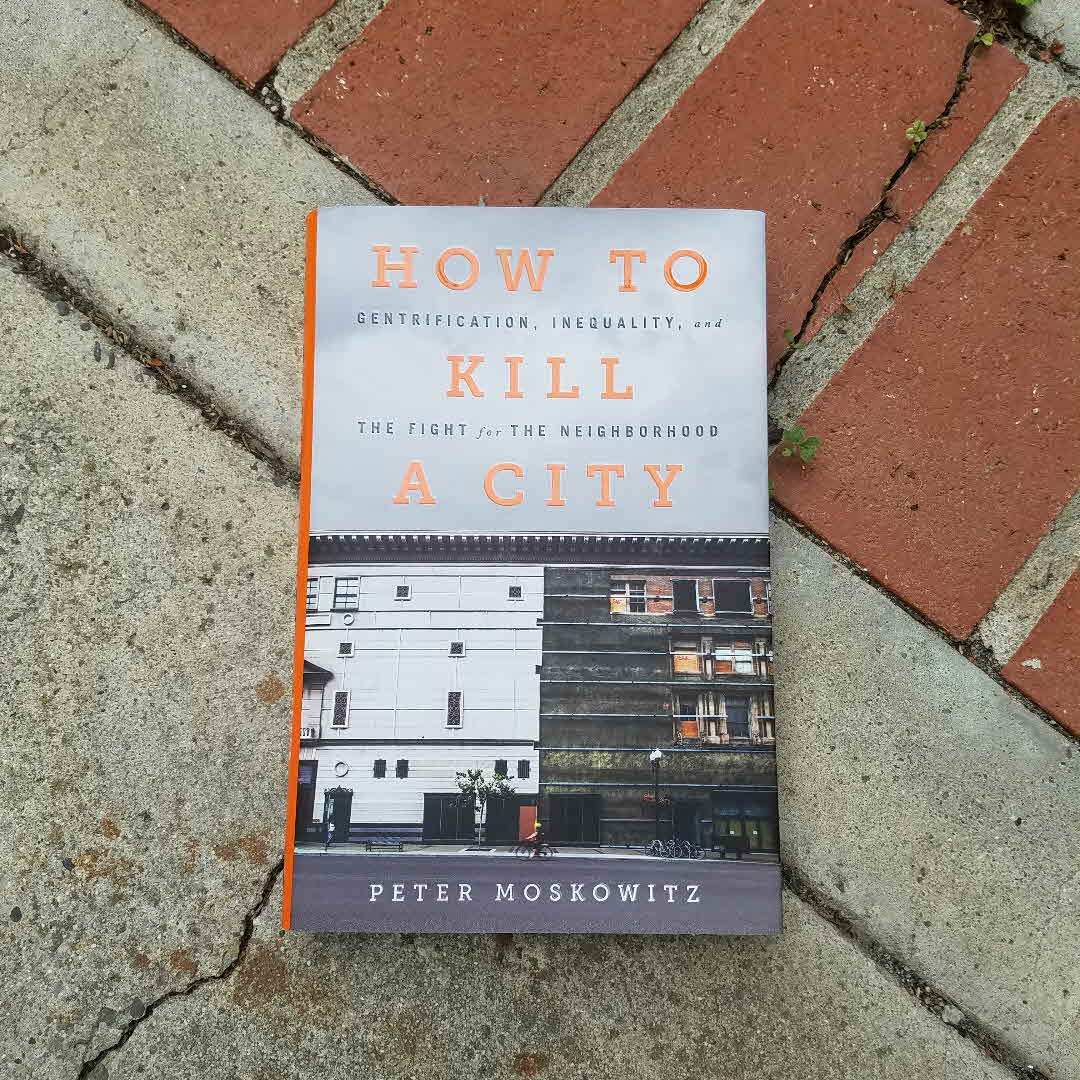
"...it is rare to see gentrifiers take a full reckoning of history and recognize that their presence is often predicated upon the lessened quality of life of someone else, the displacement of someone else, or in the case of New Orleans, the death of someone else".
As my husband and I start to consider buying a new home, gentrification is heavy on my mind.....
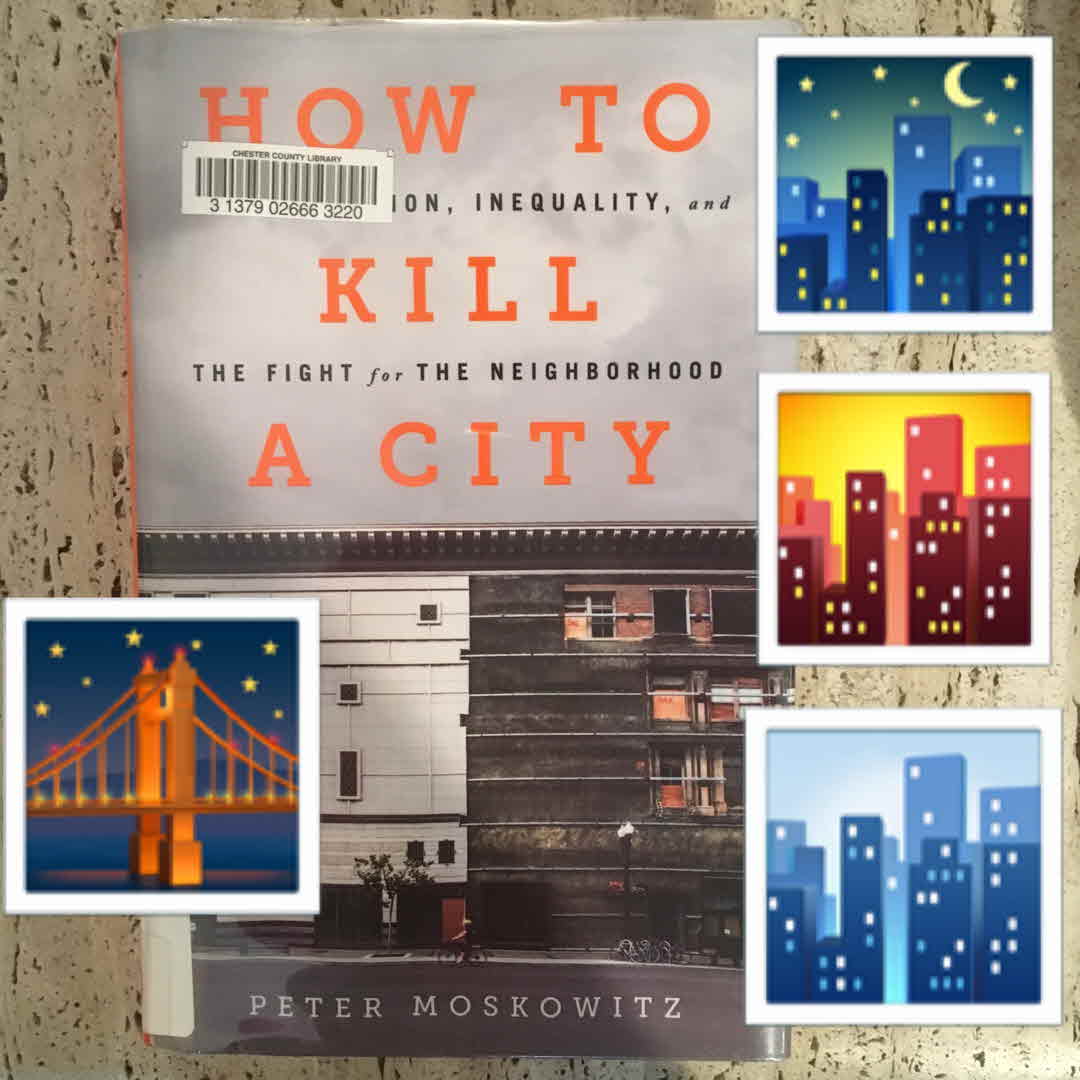
I love cities and interesting downtowns, and living within very short distance of them. That said, I like my elbow room too much to actually want to live in a city. But, for those who live in cities, it can be a struggle to stay where they are because of gentrification. Author doesn't blame individuals, but points out various systems that are detrimental and contributes to insane living costs. Very eye-opening and now I want my own copy of this!
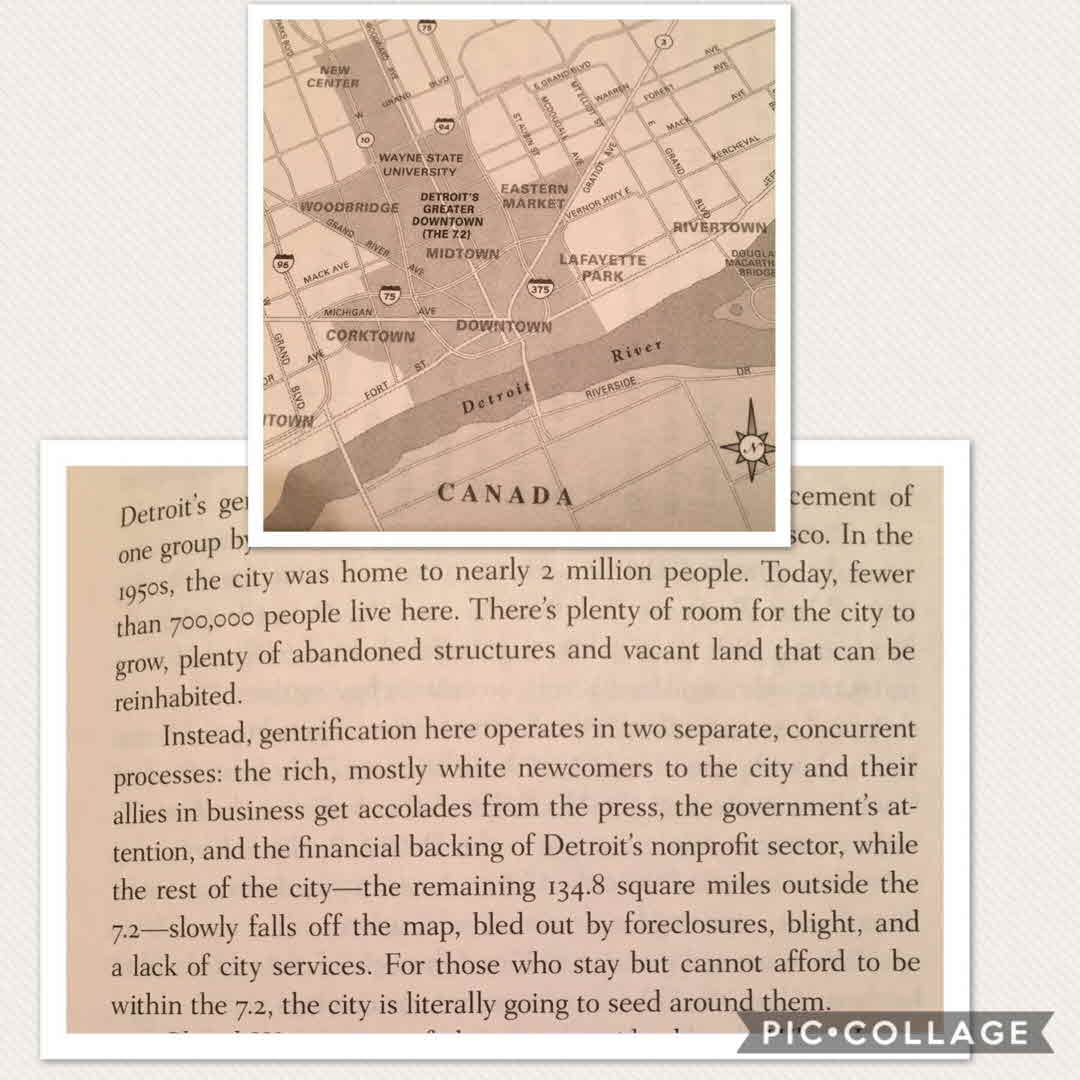
The section on the gentrification of a very small area of Detroit (7.2 square miles, out of 142 square miles) while allowing the rest of the city to continue to be extremely poor and blighted was very eye-opening and sad. I lived near Detroit from 1990-2006 and disappointed to find that there is still so much of it that hasn't improved after all. Why pour money in such a small area, when the money could be spread out across the whole city?
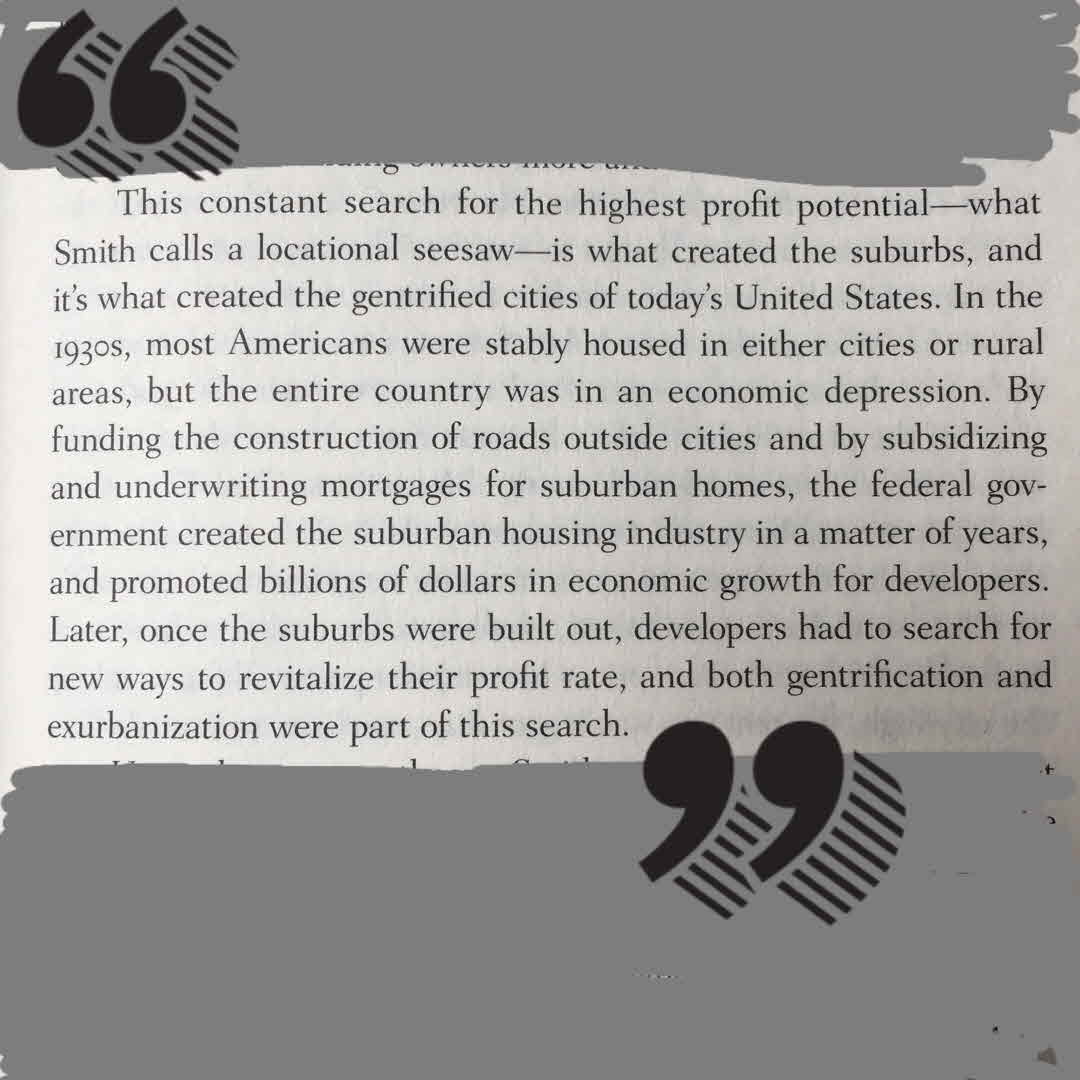
"....Later, as the suburbs were built out, developers had to search for new ways to revitalize their profit rate, and both gentrification and exurbanization were part of this search". Library book I'm reading that analyzes gentrification using 4 cities as case studies: New Orleans, Detroit, San Francisco, NYC. Thought-provoking so far.
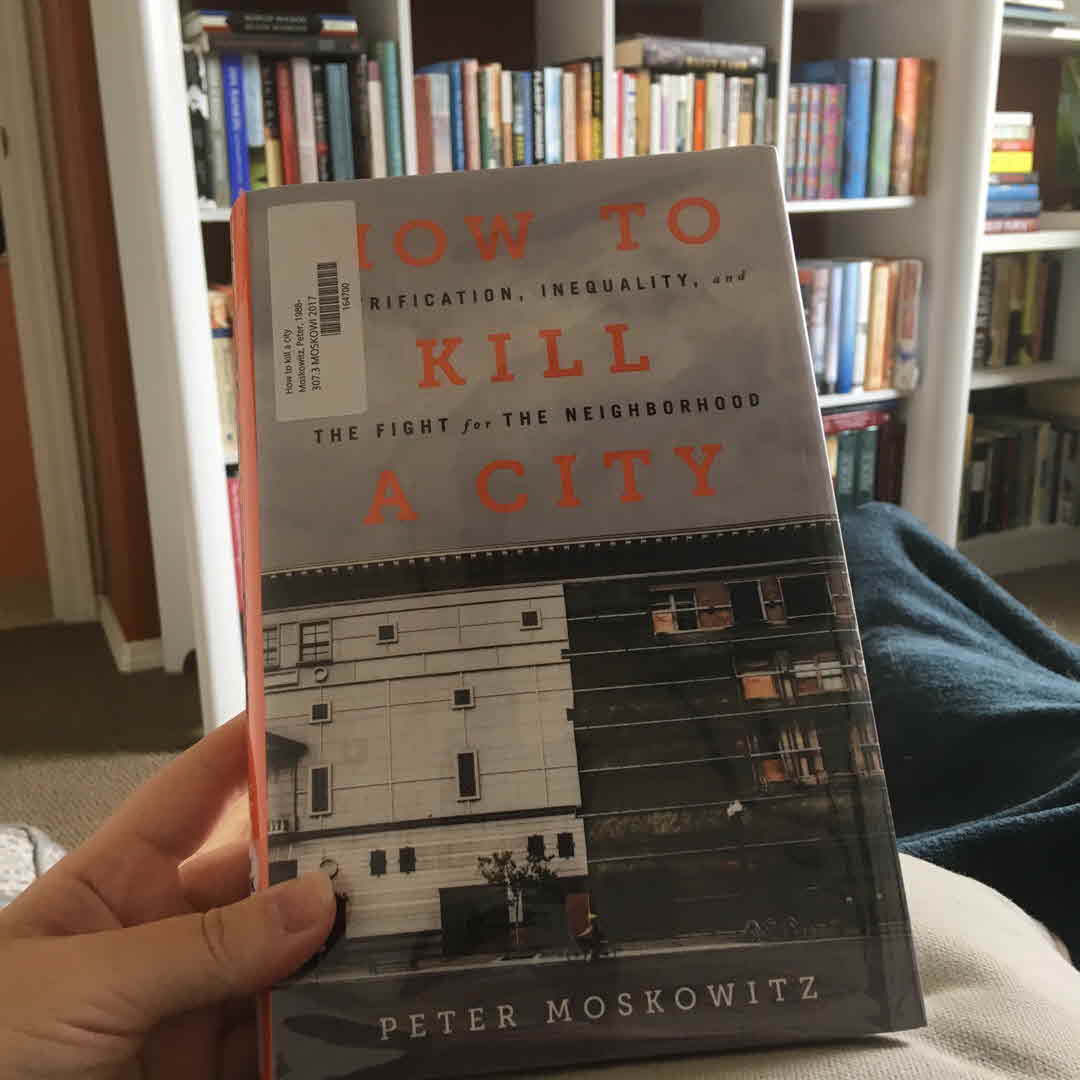
This terrific, informative, readable book explores the downsides of gentrification, including the displacement of large groups of people, systemic racism, and the fundamental alteration of cities. Living in a rural area, I hadn't looked at gentrification this way and really appreciate having my eyes opened. A must read for any city dweller.
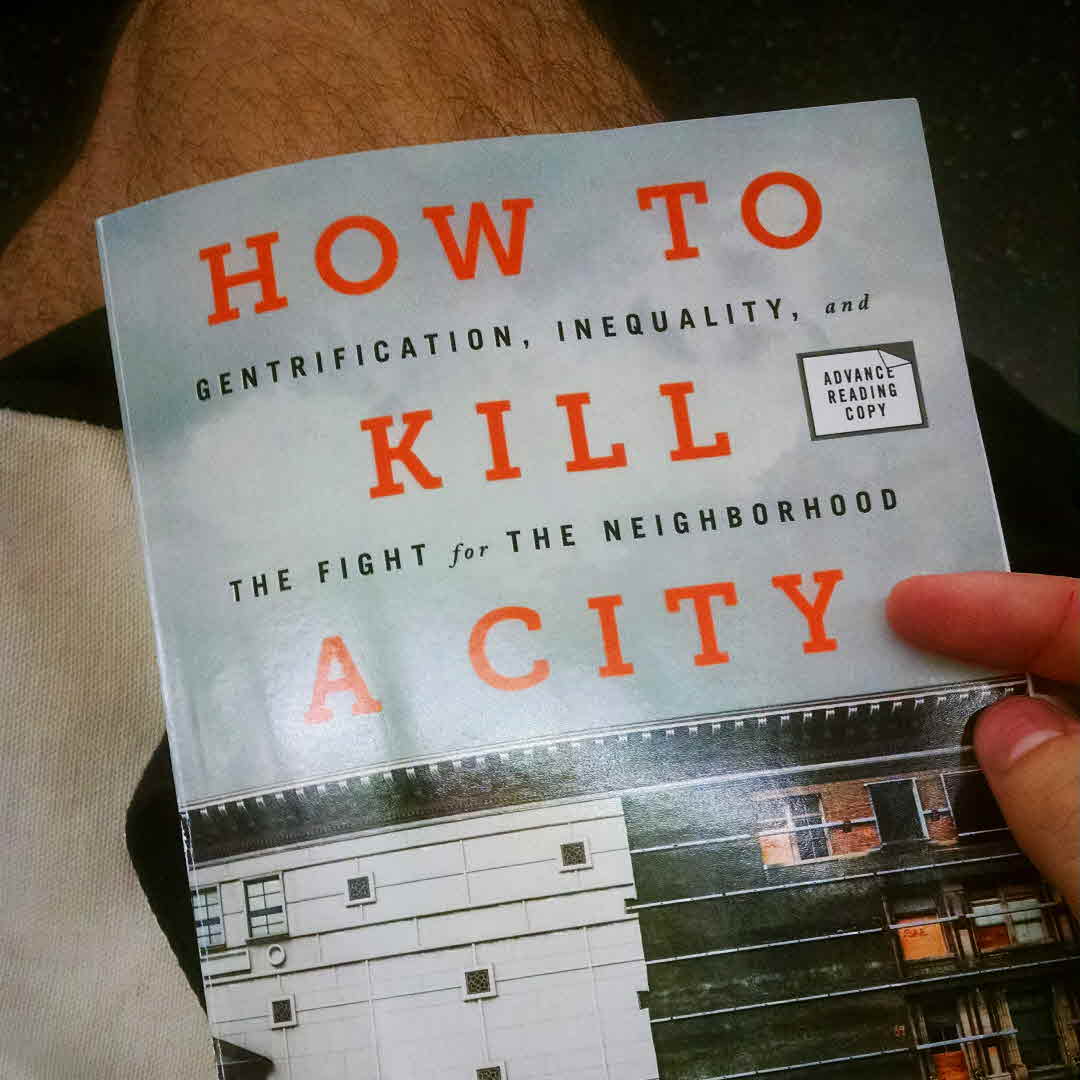
#currentlyreading this book for next spring! I think it's going to be the talk of the town. it's a mix of investigative journalism, urban studies, and personal history/memoir, making it very accessible.
#nonfiction #gentrification #neworleans #newyork #detroit #sanfrancisco